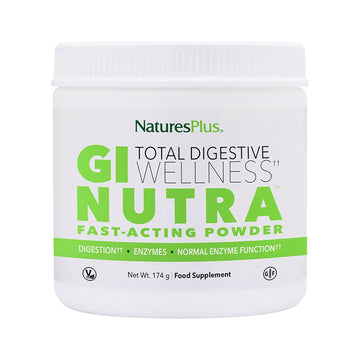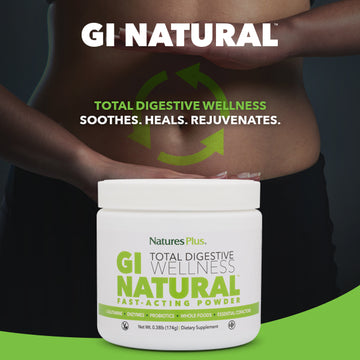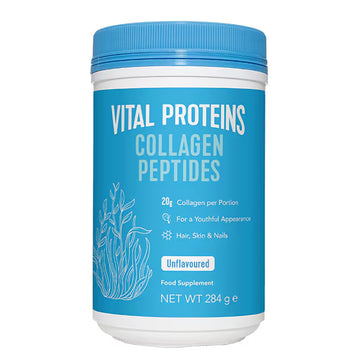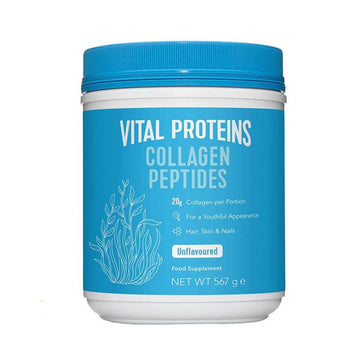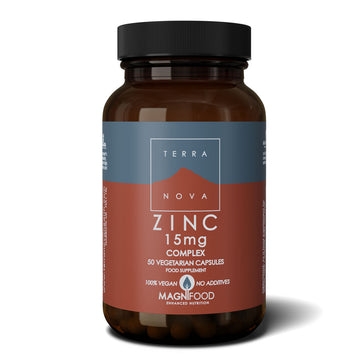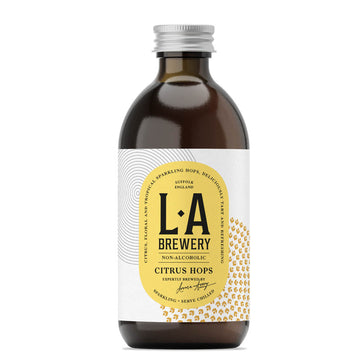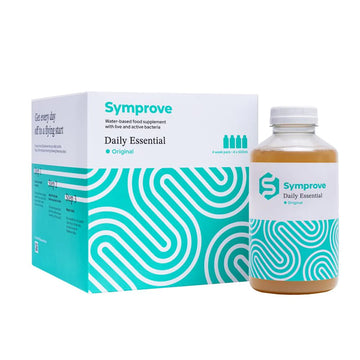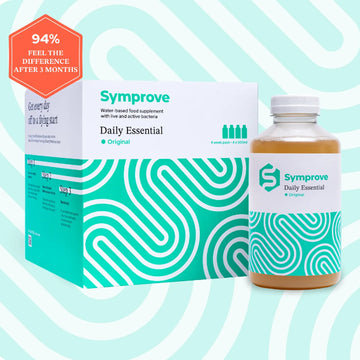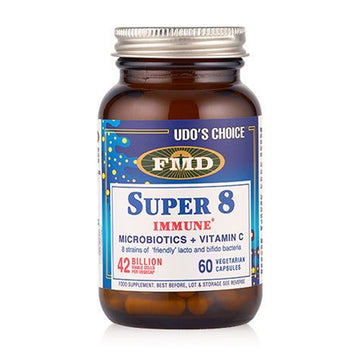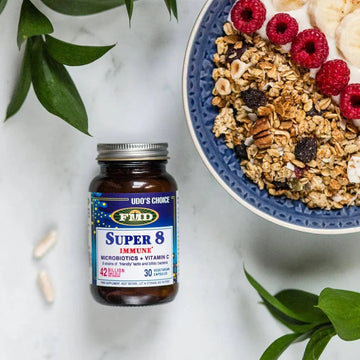You may have heard the term ‘leaky gut’, but what does it actually mean? Is it really a thing? Yes it is! So what is leaky gut? Leaky gut is the term used to describe the increased permeability of the gut wall, or ‘intestinal hyperpermeability'. Let's delve in to a little more detail below...
What is leaky gut?
Leaky gut syndrome is a digestive condition that affects the lining of the intestines. Bacteria and toxins are able to leak through the intestinal wall.
Our stomachs are home to vast intestinal lining. When working properly, this lining acts as a barrier, controlling what gets in to the bloodstream. Tight openings in the intestinal walls allow the likes of water and nutrients to pass through into the bloodstream while keeping harmful substances at bay.
Leaky gut happens when the intestinal wall's tight junctions (tight junctions control what materials the intestine absorbs) function doesn't work properly. It becomes loose and allows harmful substance to enter the bloodstream such as bacteria, toxins and partially digested food. This can causes changes in the gut microflora (our normal bacteria) and can trigger inflammation which can lead to a host of digestive issues.
What causes leaky gut?
Experts aren't sure what causes leaky gut. However, certain things can disrupt gut flora which may contribute to increased permeability or leaky gut such as poor nutrition, alcohol, stress, infections and diabetes.
How do you know if you have leaky gut?
Without testing (a functional medicine doctor or nutritional therapist can recommend the right test), it is difficult to know for sure, but there are certain symptoms and conditions that are associated with it.
The functioning of this barrier involves regulating our metabolism, immunity, digestion, absorption, nervous and endocrine function. Disturbance to this barrier has been linked to many health conditions, such as allergies and autoimmunity (e.g. coeliac disease), to name a few. You may also suffer with diarrhoea or constipation, frequent headaches, food intolerances, skin rashes or other skin-related problems, recurrent infections or problems with memory and concentration.
Even if you are not sure if you have it or not, supporting a healthy gut lining and preventing leaky gut can only but benefit your health! So what can you do?
How to Improve Leaky Gut
So we've tackled 'what is leaky gut'. Now we'll take a look at ways to improve it.
Start With Your Diet
The food we consume comes into direct contact with the cells lining our digestive tract, therefore, quality is everything. For a sensitive or inflamed digestive tract, certain foods can be further irritating, such as gluten, dairy and chilli. In these circumstances, focusing on easily digestible, soothing foods, like soups, bone broths, and smoothies, can be beneficial.
Include Gut-Healing Nutrients In Your Daily Regime
If the lining of the digestive tract is damaged, the body will require an increased supply of nutrients that aid repair, as well as the building blocks for connective tissue.
These Include:
- Glutamine: Can protect against inflammation, improve intestinal barrier function and help to reduce intestinal permeability.
- Collagen: The gut wall contains collagen fibres that strengthen the whole structure.
- Nucleotides: These organic compounds form the building blocks of DNA, which is essential for cell division and repair.
- Zinc: Encourages healing and reduces gut inflammation. Zinc has also been shown to reduce gut permeability via actively having a positive effect on tight junctions.
- N-Acetyl Glucosamine (N.A.G): Promotes growth and intestinal repair.
Probiotics
Our gut bacteria attach to the mucus layer of the intestinal barrier, working to support gut integrity. In fact, alterations to our gut microflora can actually cause leaky gut. Therefore, probiotic supplementation or increasing the intake of probiotic foods such as yoghurt, sauerkraut, kombucha, kefir and miso can be beneficial and has been linked to a reduction in intestinal inflammation and permeability risk, especially during endurance training.
These are just a few of the key steps that can be considered when trying to tackle leaky gut or intestinal hyperpermeability. Our gut health is so important and linked to many other body systems, therefore keeping it healthy and functioning properly is integral for ensuring and maintaining our overall health.
Please note, this blog is for informational purposes only and should not replace medical advice.
It’s always best to consult your doctor before taking any new supplements, treatments or remedies if you are pregnant, breastfeeding or on medication.
Author: Olivia Beck
Checked and updated: 2 August 2021



